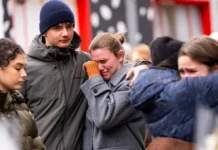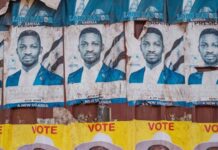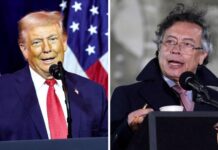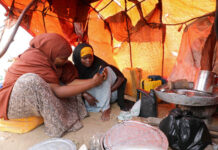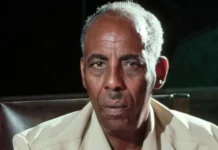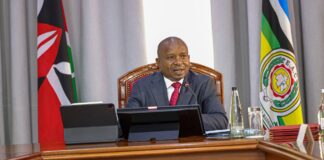A wave of anxiety has swept through Rangpuri Pahari, a slum in India’s capital, Delhi, home to thousands of migrant workers. These residents, who work as domestic staff, mechanics, and laborers, fear a new government initiative will force them into an impossible choice: make a costly, unplanned trip to their home villages or risk losing their right to vote.
The source of their worry is the Special Intensive Revision (SIR), a major exercise to update India’s electoral rolls that began on 4 November. Covering nearly 510 million voters across 12 states, the Election Commission (EC) says the process aims to ensure voter lists are accurate. However, for migrant workers living hand-to-mouth, the logistics pose a severe threat to their livelihoods.
“My employers approve time off only during elections and festivals. If I take leave now, I will lose my salary. I can’t afford that. And someone else could replace me,” said Anjali Mondol, a domestic worker.
The financial strain is a common concern. Many, like domestic worker Subhashri Doloi, had already saved for a trip home to vote in upcoming elections. “But if I use that money now, how will I go again during the election?” she asked.
Beyond the cost, the revision has stirred deeper fears. Document discrepancies—a common issue in India—could cause problems. Kusum Devi, registered to vote in Uttar Pradesh but with an ID card listing her Delhi address, worries her status is now uncertain. For migrants from West Bengal, which borders Bangladesh, there is an added fear of being wrongfully branded an illegal immigrant.
“Nobody wants to be wrongfully branded as Bangladeshi,” said Yaser Ali, a utensil seller from West Bengal. “If this helps us, we want to make sure that it is done right. But how do we do it on such short notice?”
The EC has urged voters to use an online verification option designed for those away from home, calling the process “transparent.” Yet, most workers the BBC spoke to found the online process unfamiliar or “too risky.”
The revision uses electoral rolls from 2002-2004 as a baseline. Those not listed then must provide additional documentation, such as birth certificates or school records, to enroll. While a recent EC order stated that “no document is to be collected from electors during the enumeration phase,” it provided no further details, adding to the confusion.
Some, like Ramdhin Prajapati, are hopeful, seeing the SIR as a “one-time effort.” But for those from West Bengal, where elections are just months away, the timeline is critically short.
“There is hardly any time,” said Uma Muniam, a cook. “There are millions of migrants like me… Will they be able to travel twice in four months?”
Trade unionist Rajesh Kumar argues the EC must do more, suggesting help desks in major cities to assist the millions of stressed migrants who lack job security.
Back in Rangpuri Pahari, the community is relying on each other. Rajendranath Mallick, one of the few making the trip home to West Bengal, has become a local resource. Neighbors crowd his home, asking him to file their forms or check on their status. His feedback will determine whether they, too, must embark on a journey they can ill afford.
By James Kisoo










